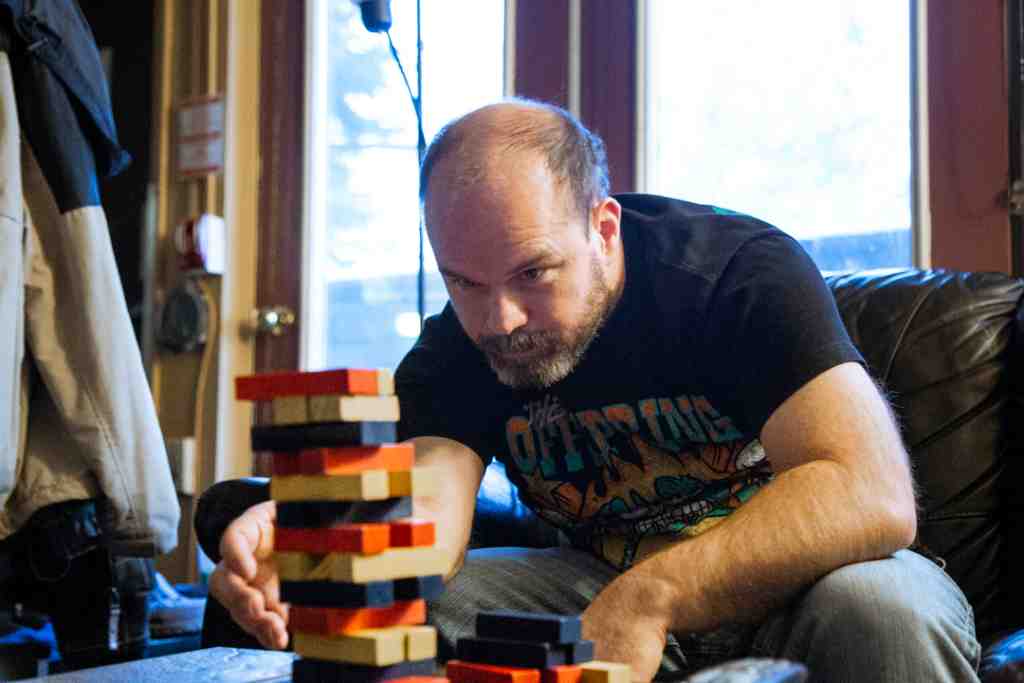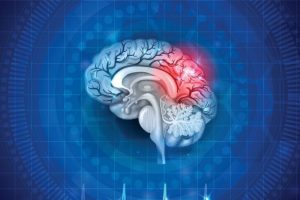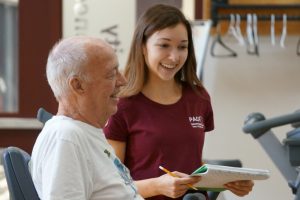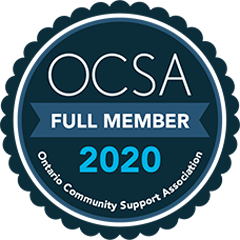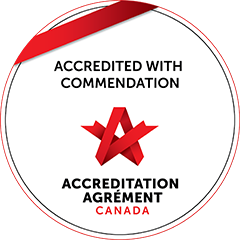Concussion
What is a concussion/ mild traumatic brain injury?
- A concussion is a mild form of traumatic brain injury,
- You probably had a concussion if you were:
- dazed or confused after your injury
- lost consciousness (knocked out),
- or can't remember what happened for a short time before or after your injury
- The effects of a concussion can be serious
What causes a concussion?
- A direct blow or jolt to the head, face and neck. Could be from a fall, a tackle in a contact sport, assault, vehicle accident, walking or running into an obstacle, skateboarding, snowboarding, explosion and the list goes on
- Most concussions can be prevented (here you will find some great websites and organizations that are doing work in the area of prevention).
After a concussion stop what you are doing, let someone know what happened and get help
- It is very important to seek medical advice as soon as possible if you think you have had a concussion
- Tell whoever is around you at the time that you think you have a concussion. They could be a family member, friend, co-worker, teammate, or coach.
- Immediately stop doing the activity whether it is work, school, sports or driving
Brain Recovery
- In the minutes to days after a concussion, brain cells are in a vulnerable state
- Usually the symptoms/problems of concussion are temporary and over time will go away
- Healing usually happens over several days, but in some cases may take many weeks or months.
- Some symptoms may appear right away and some may appear later
- Symptoms may get worse with an increase in activity
- Having had a previous concussion may increase the time needed to heal
Common concussion symptoms and problems
| Thinking | Physical | Emotional |
|---|---|---|
|
|
|
Coping With Symptoms and Getting Better - Recovering From a Concussion
Rest your brain
- In the early stages of recovery get plenty of sleep at night, and rest during the day
- To rest your brain you need to reduce the demands you make of it. If you are reading, watching TV, checking e-mails or worrying you are not resting your brain.
- Use Sleep Hygiene techniques if you are having trouble sleeping
- If sleep problems continue talk to your doctor
Reduce physical and mental demands
- Physical and mental demands can make your symptoms worse and slow your recovery
- Avoid activities that are physically demanding e.g., heavy housecleaning, working-out, mowing the lawn, lifting and carrying heavy items
- Avoid activities that require a lot of concentration e.g., reading, video games, studying, computer work
- Avoid activities that could lead to a second concussion e.g. contact or recreational sports
- It is best to avoid jarring movements such as running, jumping on trampolines, riding roller coasters or other high-speed rides that can make your symptoms worse
- When your doctor says you are well enough, return to your normal activities gradually, not all at once. Use Energy Conservation techniques
Use strategies for your thinking problems
- Tips for Managing Thinking Problems has some ideas that can help to lessen the impact of thinking changes
- Consult with family members or close friends when making important decisions
- Avoid using the computer for long periods of time early in the recovery process. This includes avoiding computer and video games.
Take care of your basic needs
- Make time for careful grooming and hygiene daily
- Take care of your appearance and clothing
- Eat three nutritious meals / day, do not skip breakfast
- Avoid / limit caffeine, salt, sugar and junk food
- Keep hydrated, drink water
Say no to drugs and alcohol
- Alcohol and other drugs will slow your recovery and put you at risk of further injury
- Take only those drugs that your doctor has approved
- Do not drink alcohol until your doctor says you are well enough
Get help for pain and headaches
- If you have headaches or body pain you will not be able to sleep and are more likely to be irritable
- Review medication and other treatment options with your doctor
- Listen to the podcast "A Pain in the Brain - The Problem of Headache after Traumatic Brain Injury" from Northeast Center for Special Care
Be especially careful if you are dizzy and have poor balance
- Be very careful to avoid falls or hits to the head
- Take special care in your actions and movements. Move slowly and constantly be aware of your surroundings
- Do not climb stepladders or work from heights
Pay attention to your mood and level of stress
- Stress, irritability, sadness and anxiety are common and normal reactions to having to cope with your symptoms and the changes in your lifestyle
- Find ways to relax such as music, meditation, writing, prayer, and slow deep breathing
- Keep a positive and optimistic outlook. Feel confident in the healing process, know that you are improving, focus on your strengths, have realistic expectations, look for opportunities in your current situation, and set short term goals
- Maintain social connections with friends, but keep it low key initially
- Check out the online workbooks on coping with stress, depression and health conditions at C.O.M.H.
- If you experience persistent mood changes talk to your doctor
Resume exercise and sports gradually
- Avoid any strenuous exercise or activity in the first few days or weeks following your concussion
- Once your symptoms settle down start with light aerobic exercise such as walking
- Gradually increase frequency (how often), then duration (length of time), and finally intensity (how heavy, how fast, how hard) of exercise
- If your symptoms get worse then reduce the intensity and duration
- Get your doctors consent before returning to intensive exercise or competitive sports
- Follow the Return to Play (or activity) Guidelines from Think First Safety Information and Resources
Get your doctors approval for driving
- Because your ability to react may be slower after a concussion, ask your doctor when you can safely drive a car, ride a bike, or operate heavy equipment
Resume work and school gradually
- Plan for success. Start by slowly building your cognitive and physical endurance
- Just like resuming exercise, it is important that you return to work or school in a graduated way and start with activities that are within your abilities. Slowly increase the duration and frequency that you work / study
- You may initially need modified (fewer demands) work duties or a reduced course load. Working a shorter day, working fewer days and taking frequent rest breaks during the day may be necessary. Getting permission for additional time to write an exam may be possible
- Talk with your doctor about the requirements of your work / studies, the modifications you need and when you can return to work / school
- Keep your employer aware of what is going on
- Meet with the advisor for students with disabilities in the counselling department at your college / university to plan for your needs
- Make sure you have a good quality, properly fitted hard hat (if required) and follow the safety procedures mandated on work sites
Prevent a 2nd, 3rd or 4th concussion
- As you are healing, take care to avoid having another concussion. At all times be smart about the risks you take and adopt an attitude of prevention
Articles For Families
Alcohol & Substance Abuse
Information about the effects of alcohol and drug use on the brain and getting help and support.
Concussion
Describes common concussion symptoms, problems and how to get better.
Keep your Brain Healthy
It's all about preventing an injury, living a healthy life and finding ways to take care of your body, mind and spirit.
Sexual Health & Intimacy
Common questions from survivors and/or partners and families regarding sexual health & intimacy.
Strategies to Assist Learning
This article provides strategies, ideas, and tips that may help you continue to learn.
When Can I Drive Again
Describes what has to be considered to determine readiness to drive after a brain injury.
GETTING BACK TO WORK
Describes what has to be considered to determine readiness to return to work after a brain injury.
Brochure a l'intention des personnes atteinte
Les préoccupations de la Société de l'assurance automobile du Québec en matière de réadaptation existent depuis sa création en 1978. Consciente des difficultés que provoquent certains traumatismes graves sur le plan humain, la Société publie la présente brochure afin de venir en aide aux personnes qui sont aux prises avec les problèmes qu'entraîne un traumatisme cranio-cérébral.
